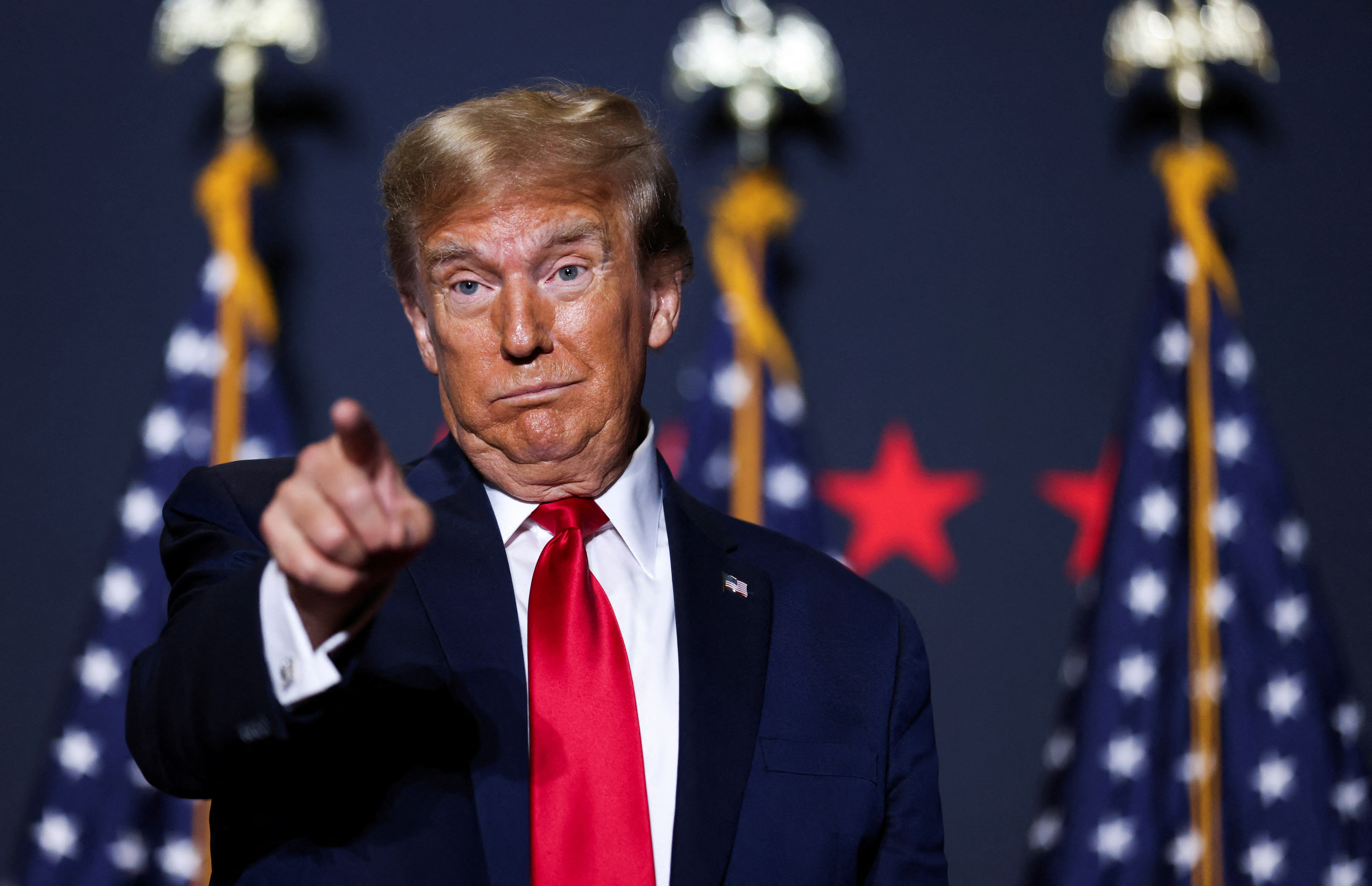Despite a New York jury convicting Donald Trump on 34 felony counts of falsifying business records, the former president’s legal and political future remains relatively secure, according to legal experts and recent developments.
The conviction, stemming from a hush money payment scheme ahead of the 2016 presidential election, marks a historic moment as Trump becomes the first former U.S. president to be convicted of a felony. While the prospect of a prison sentence or probation looms, Trump’s adeptness at navigating the legal system suggests he has little to worry about in the immediate future.
Trump, known for his strategy of appealing unfavorable court rulings, is expected to challenge the conviction vigorously.
His attorney, Todd Blanche, has already requested an acquittal, although it was promptly denied by the judge. Trump’s legal team is preparing for an appeal, which could significantly delay the sentencing currently set for July 11.
Throughout the trial, Trump’s lawyers have meticulously preserved their right to appeal by scrutinizing the judge’s rulings on testimony and evidence. Legal analysts predict that these efforts will likely result in a drawn-out appeals process, potentially postponing any final sentencing for months, if not years.
Moreover, the conviction does not impact Trump’s ability to run for office. According to Richard L. Hasen, a leading election law expert from UCLA, the U.S. Constitution does not bar a convicted criminal from seeking the presidency.
The only qualifications are being at least 35 years old, a natural-born citizen, and having resided in the U.S. for at least 14 years.

“Legally, nothing changes with Trump’s status as a candidate,” Hasen wrote on his Election Law Blog. This means Trump can still pursue his 2024 presidential bid without constitutional hindrance.
Additionally, while Trump, a Florida resident, is subject to the state’s strict rules on disenfranchisement for felony convictions, he might benefit from New York’s more lenient laws.
In New York, felons regain their right to vote once they complete their prison term, even if they remain on parole. Thus, Trump would only lose his voting rights in Florida if he is actively serving a prison sentence during the election.
Florida’s laws defer to the originating state’s regulations on voting rights restoration for out-of-state convictions. Therefore, if Trump’s voting rights are restored under New York law, they should remain intact in Florida, provided he is not imprisoned at the time of the election.

Trump’s conviction in New York is also unlikely to affect his other ongoing legal battles. Each of his three other criminal cases will proceed independently, as planned.
In summary, while the conviction represents a significant legal milestone, it poses little immediate threat to Trump’s political ambitions or his personal freedom. His ability to appeal the conviction, combined with constitutional protections and state voting laws, ensures that the former president’s campaign plans and voting rights remain largely unaffected.